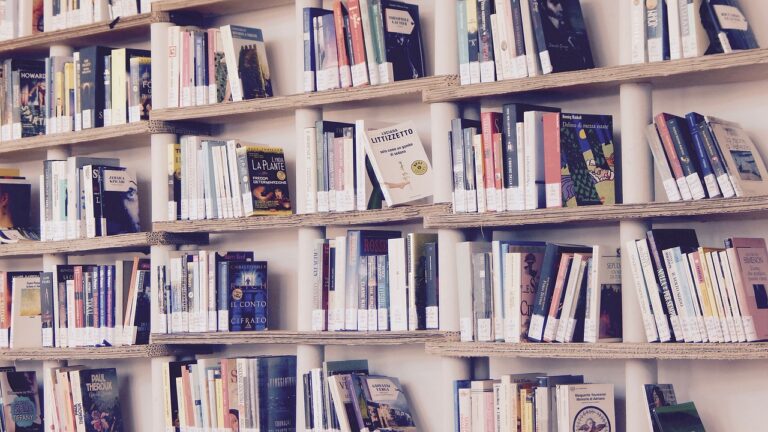The Role of Reflection and Self-Assessment in Learning: 11xplay pro, 24 betting login india, Skyinplay live login
11xplay pro, 24 betting login india, skyinplay live login: Learning is a continuous process that involves acquiring knowledge, developing skills, and gaining insights. It is not just about memorizing facts and figures but also about understanding the material, reflecting on it, and applying it in different situations. Reflection and self-assessment play a crucial role in learning as they help individuals evaluate their progress, identify areas for improvement, and set goals for future growth.
Reflection involves thinking critically about one’s learning experiences, examining the strategies used, and considering how they can be improved. It allows learners to uncover their strengths and weaknesses, understand how they learn best, and make connections between new and existing knowledge. By reflecting on their learning, individuals can gain a deeper understanding of the material and develop a more holistic view of the subject matter.
Self-assessment, on the other hand, involves evaluating one’s own performance against set criteria or standards. It allows learners to monitor their progress, identify areas of improvement, and set goals for future learning. Self-assessment encourages individuals to take ownership of their learning, become more self-directed, and develop a growth mindset. It helps them develop the skills needed to learn independently and adapt to different learning environments.
Both reflection and self-assessment are essential components of the learning process. They provide learners with the opportunity to engage in metacognition, or thinking about their thinking, which is key to deepening understanding and improving performance. By reflecting on their experiences and assessing their progress, individuals can identify patterns, make connections, and develop strategies for continuous improvement.
Here are some key ways in which reflection and self-assessment can enhance learning:
1. Identifying strengths and weaknesses: Reflection and self-assessment allow individuals to identify their strengths and weaknesses, enabling them to leverage their strengths and work on areas that need improvement.
2. Setting goals: By reflecting on their learning experiences and assessing their progress, learners can set meaningful and achievable goals for future growth.
3. Enhancing critical thinking skills: Reflection and self-assessment encourage individuals to think critically about their learning experiences, helping them develop analytical and problem-solving skills.
4. Promoting self-directed learning: By engaging in reflection and self-assessment, individuals become more self-directed in their learning, taking ownership of their progress and seeking out opportunities for growth.
5. Improving performance: Reflection and self-assessment enable learners to monitor their progress, make adjustments to their learning strategies, and improve their performance over time.
In conclusion, reflection and self-assessment are vital components of the learning process. By engaging in these practices, individuals can gain a deeper understanding of the material, develop essential skills, and achieve their learning goals. So, the next time you embark on a learning journey, remember to take the time to reflect on your experiences and assess your progress you’ll be amazed at the difference it can make!
FAQs
Q: How often should I engage in reflection and self-assessment?
A: It is recommended to engage in reflection and self-assessment regularly, ideally at the end of each study session or learning activity.
Q: What are some effective reflection strategies?
A: Some effective reflection strategies include journaling, discussing your learning experiences with a peer or mentor, and creating mind maps or concept maps to visualize your thoughts.
Q: How can I make self-assessment more effective?
A: To make self-assessment more effective, ensure that you have clear criteria or standards against which to evaluate your performance, seek feedback from others, and set specific goals for improvement.







